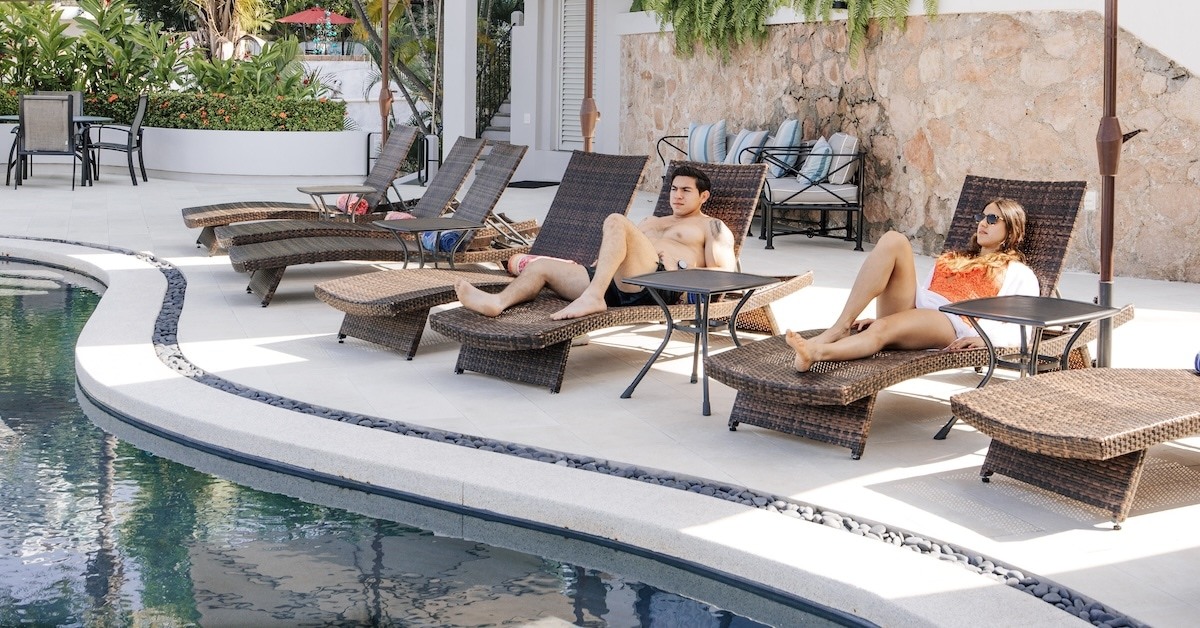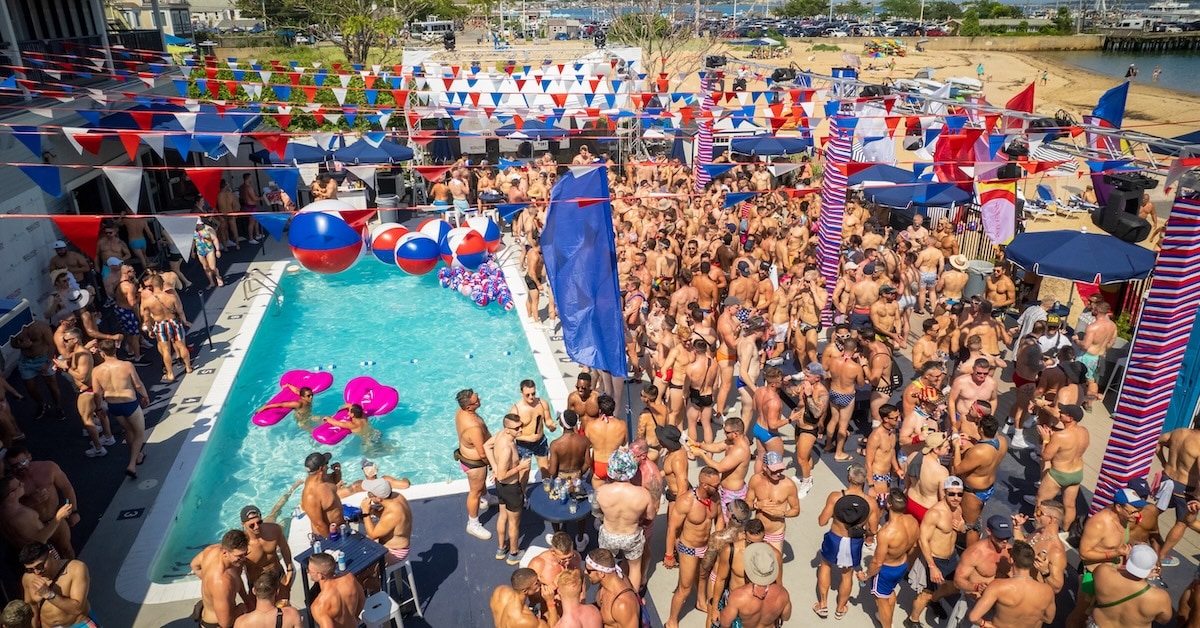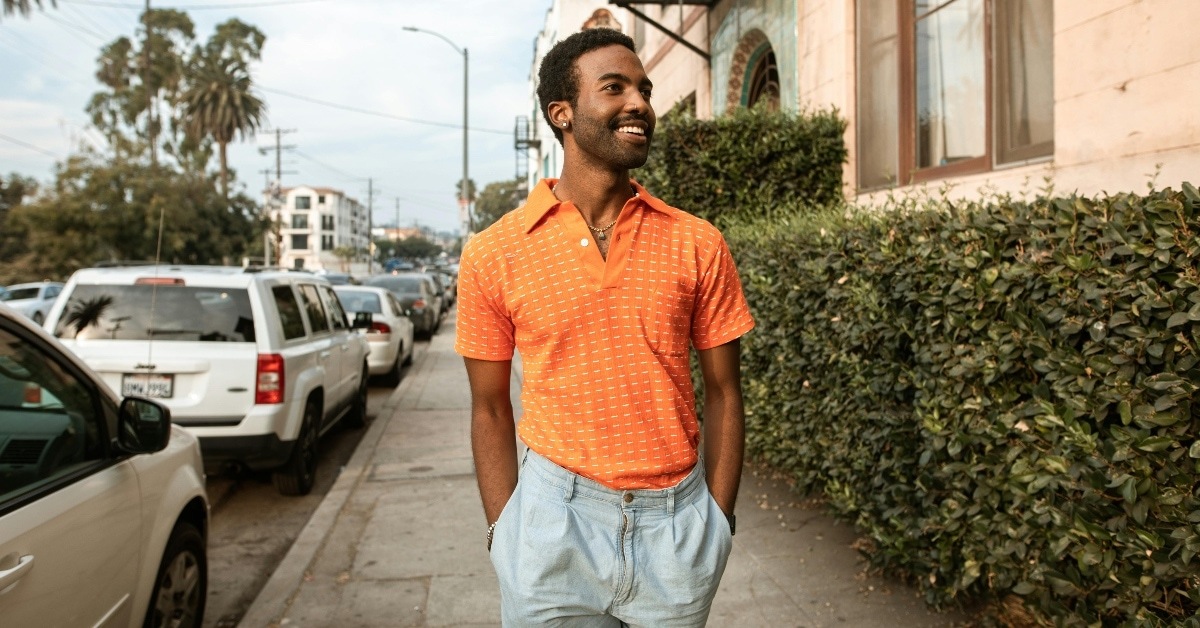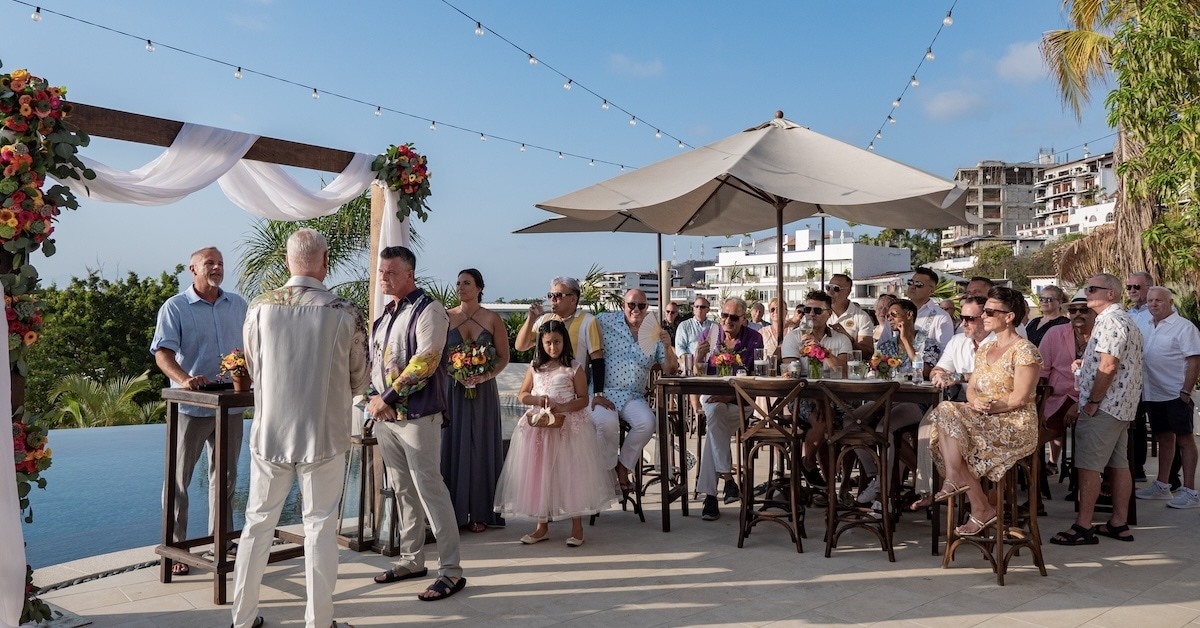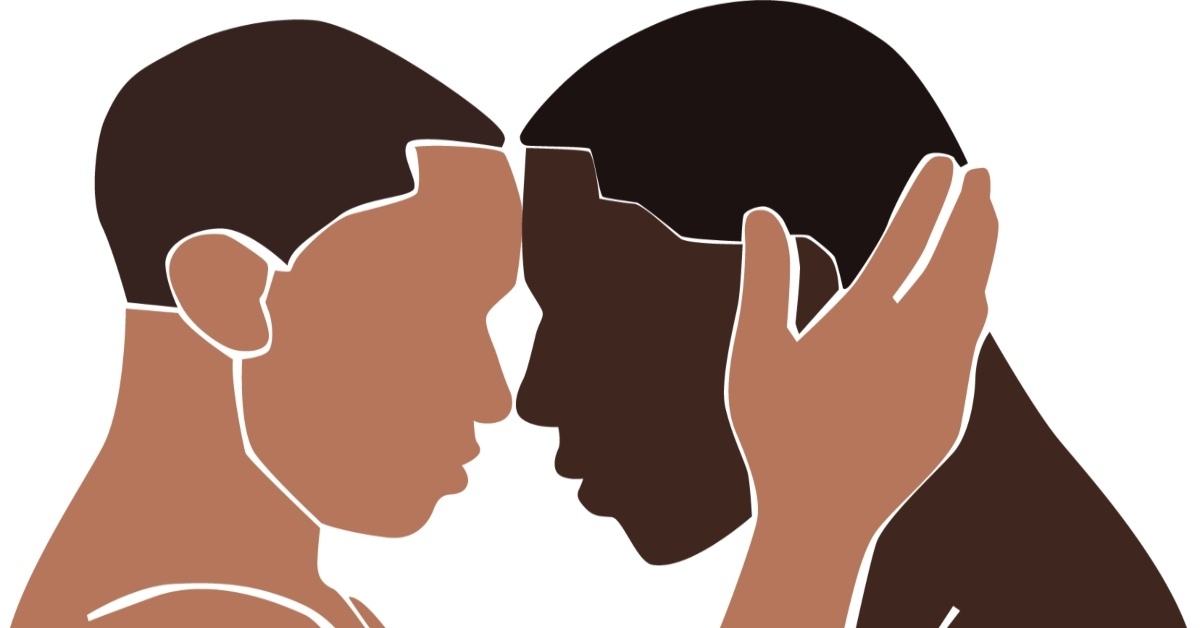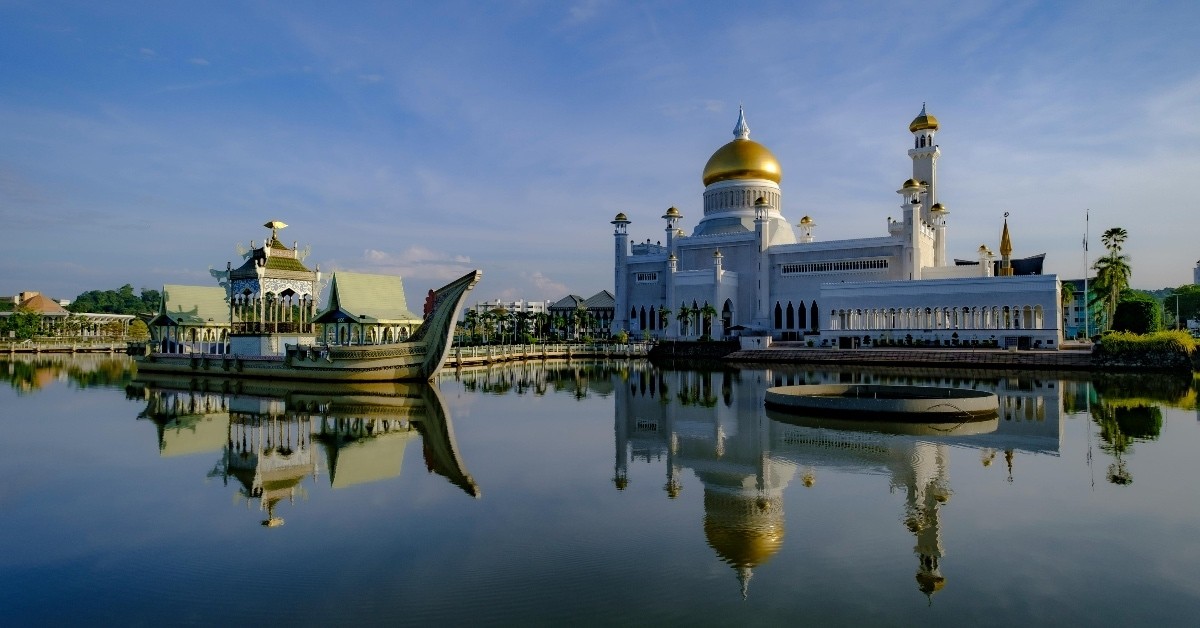BY: Jasmine Franklin
Published 2 months ago
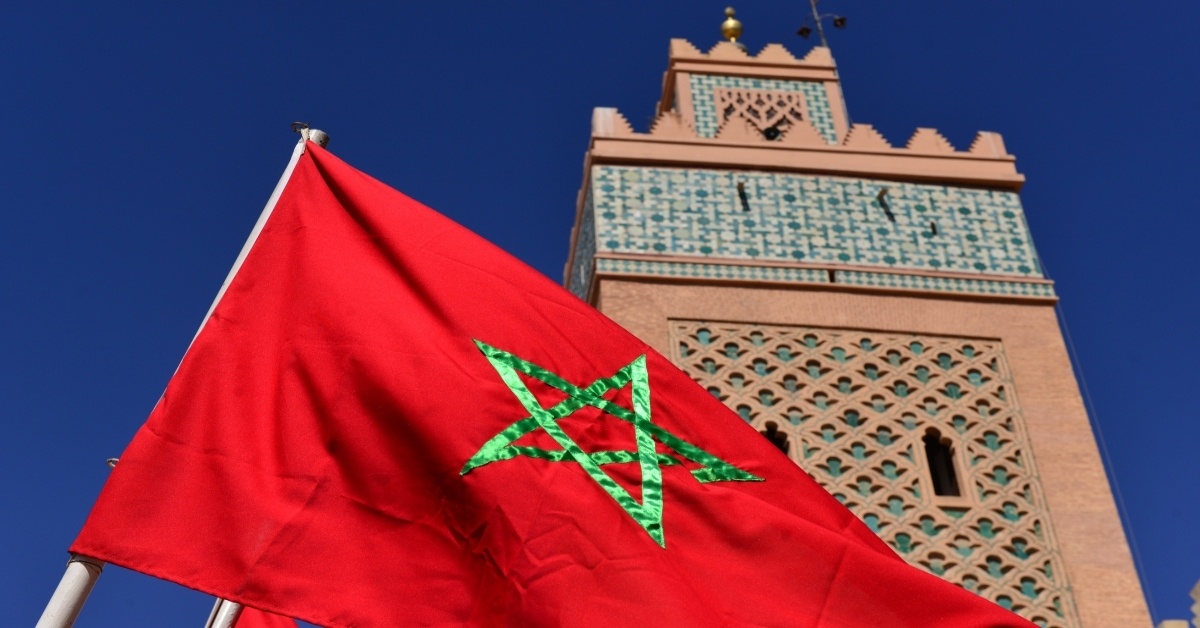
Morocco draws travelers in with its vibrant souks, desert sunsets, and cities that hum with color and rhythm. From the blue-painted alleys of Chefchaouen to the bustling markets of Marrakech, it’s easy to fall in love with the country’s beauty. But for queer travelers, that excitement can quickly mix with uncertainty. Before booking flights or planning a night out under the lantern lights, one question always lingers: Is LGBTQIA+ illegal in Morocco? The answer shapes how you explore, how you connect, and how safe you feel.
Is LGBTQIA+ Illegal in Morocco?
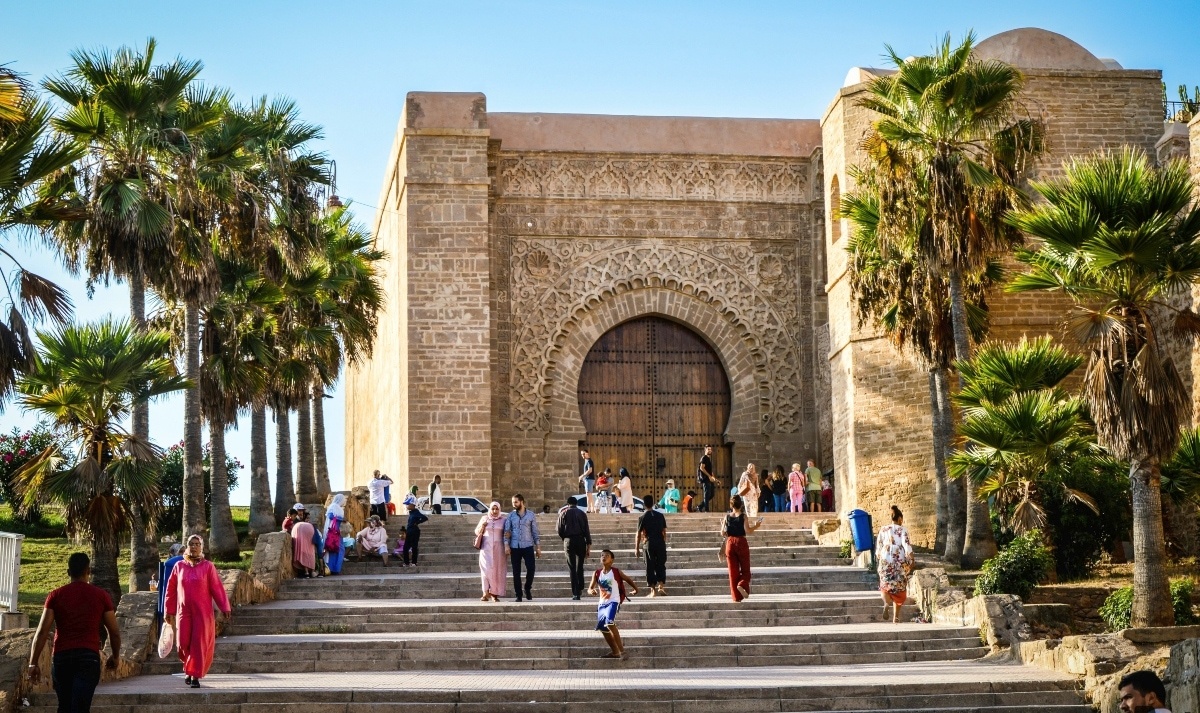
As of today, being LGBTQIA+ is criminalized in Morocco. According to Human Dignity Trust, “same-sex sexual activity is prohibited under the ‘Penal Code 1962, Article 489.'” A conviction can result in up to 3 years in prison and a fine. Raids and arrests are still happening throughout the country if someone is suspected of being queer.
For many LGBTQIA+ Moroccans, this means living with constant caution. People risk harassment, blackmail, or violence if someone suspects they’re queer. Public affection between same-sex couples can draw unwanted attention, and being outed online can carry serious consequences.
In cities like Marrakech or Casablanca, you’ll find moments of openness. Some spaces are discreetly welcoming, particularly in tourist areas. Still, there’s no true sense of freedom. Visibility comes with risk, and discretion remains a form of protection.
So while Morocco welcomes many LGBTQIA+ travelers each year, it doesn’t yet offer that same welcome to queer people living within its borders.
Glimmer of Change, But Long Road Ahead
There are small signs of movement, though change remains uncertain. In 2023, Morocco’s Minister of Justice, Abdellatif Ouahbi, announced plans to reform the Penal Code. It suggested a shift toward decriminalizing private sexual relations outside marriage. Unfortunately, by the summer, he clarified that legalizing homosexuality was not on the table for a Muslim country like Morocco.
Still, local activists continue to push back. Civil groups and LGBTQIA+ organizations, including Association Akaliyat, are calling for the repeal. The organization also demanded a seat at the table in the reform discussions, Telquel reported. Their efforts show that even in a restrictive climate, the fight for equality isn’t standing still.
Visiting Morocco: Practical Measures for Queer Travellers
If you’re queer and thinking of visiting Morocco, you don’t need to cancel your plans, but you do need to be mindful. The best approach is to stay informed, stay observant, and travel with care.
Start with the basics: same-sex sexual activity is illegal. Even small gestures, like holding hands in public, can attract attention. Keep affection private, and avoid discussions about LGBTQIA+ rights in public spaces.
When choosing accommodations, research hotels or riads that have positive reviews from LGBTQIA+ travelers. If you connect with someone, meet in public places first, and never share personal information or your location until you feel safe.
Carry digital copies of your passport and important documents. Keep embassy contact information saved and easily accessible. Let someone you trust know your travel plans and check in regularly.
If someone harasses or threatens you, leave the situation as quickly as possible and seek help from your hotel or embassy. Most locals are kind and curious, but conversations about sexuality remain sensitive, especially outside tourist areas.
Above all, move with awareness. Morocco is a stunning country with a rich culture and generosity, but queer visibility still carries risks.
The Fight for Freedom Isn’t Over
So, is LGBTQIA+ illegal in Morocco? Yes, and that law continues to shape daily life for LGBTQIA+ Moroccans and travelers alike. However, traveling as a queer person in Morocco isn’t impossible; it does require care and intention. Respect the culture, protect your safety, and stay aware. Even in a place where the law limits freedom, LGBTQIA+ people still find ways to exist, connect, and hold onto small moments of joy.
What are your thoughts on LGBTQIA+ rights in Morocco? Share your thoughts in the comments.
